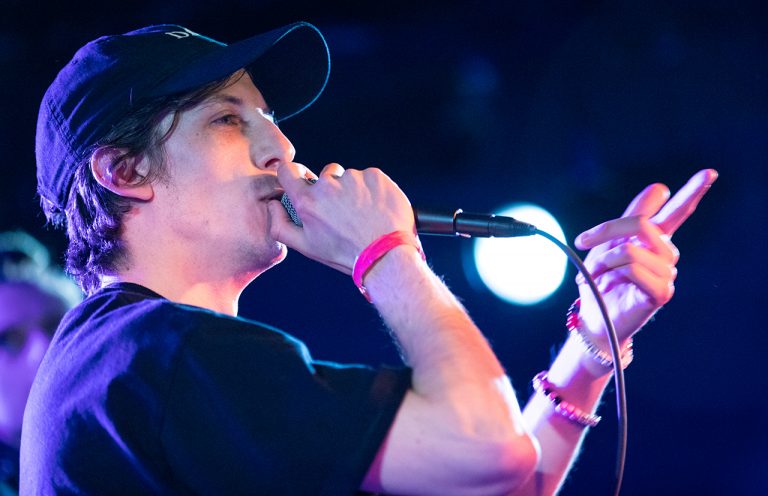Regardless of perceived quality, hip-hop is not what it used to be. In fact, it’s changed so much over the past ten years that it probably should have found a different way to label itself. Artists pushing back against being labeled non-hip-hop created a world where hip-hop is anything that says it’s hip-hop. This has caused contention throughout the community, and helped widen the generational gap further than ever before.
Now we see a different environment, where artists avoid the label of “rapper” for fear of being pigeonholed into a certain sound. At the same time, artists who never rapped a bar in their life but prefer trap style production litter the hip hop mainstream, and are resonating more than ever in the current societal landscape.

Being emotional in hip-hop has often been a taboo subject, often tossed aside for a tough persona consistent with the mentality necessary to survive the harsh condition of the streets where hip-hop was born. When the genre moved out of the neighborhoods and onto the radio, it found its way into the suburbs of white America, which ate it up and made it their own. For better or worse, this is the landscape, and the backdrop, in which all artists today must create.

In the latter half of this decade, the trend fittingly dubbed “emo rap” expanded into a worldwide phenomenon. Unfortunately, many people’s first exposure to some of the biggest artists in the genre came from their untimely passing. The controversial XXXTentacion and emo trap pioneer Lil Peep lost their lives in mid 2018 and late 2017 respectively. The rise of the style was certainly kneecapped by these great losses, but those closest to them and others still carry the torch today. Lil Peep associate and Goth Boi Clique founding member Wicca Phase Springs Eternal continues to release music reminiscent of the style GBC helped to cultivate when Peep was around. Wicca Phase, born Adam McIlwee, is currently on tour with Maryland locals Angel Du$t and New York native guardin, who all stopped by MilkBoy ArtHouse in College Park, Md. on March 16, 2019.
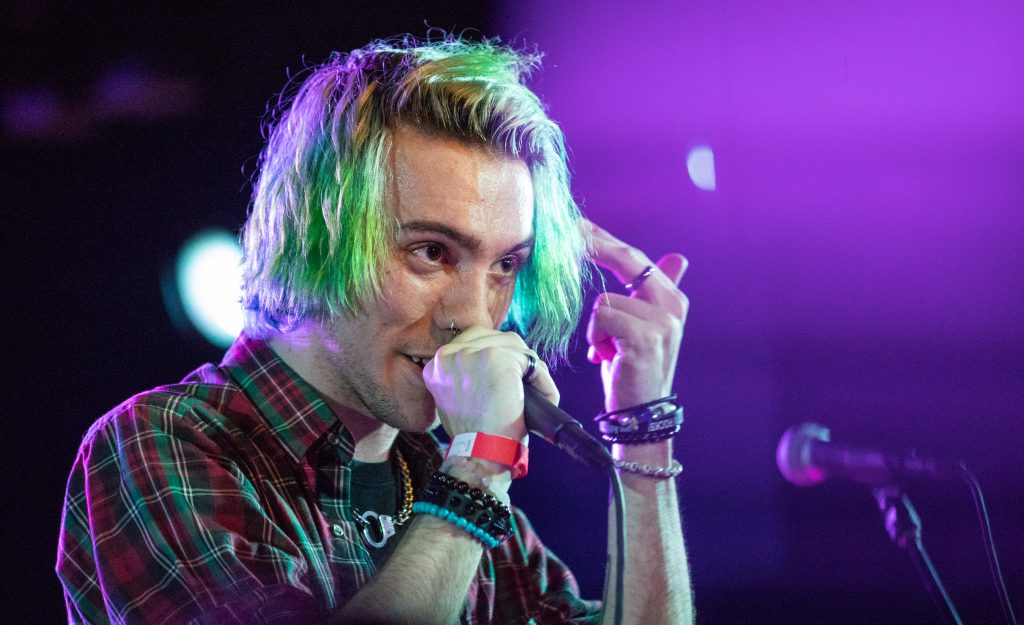
The young New York native guardin spent some time entertaining the audience, and much of them seemed to be familiar with the artist’s work. The green-haired crooner emulates and riffs on the style that Wicca Phase participates in. He even serenaded the audience with a ukulele, but the set ended after a short time. In between each set was a long break, some of which included set up or break down for the next artist, but much of which seemed like unnecessary downtime.
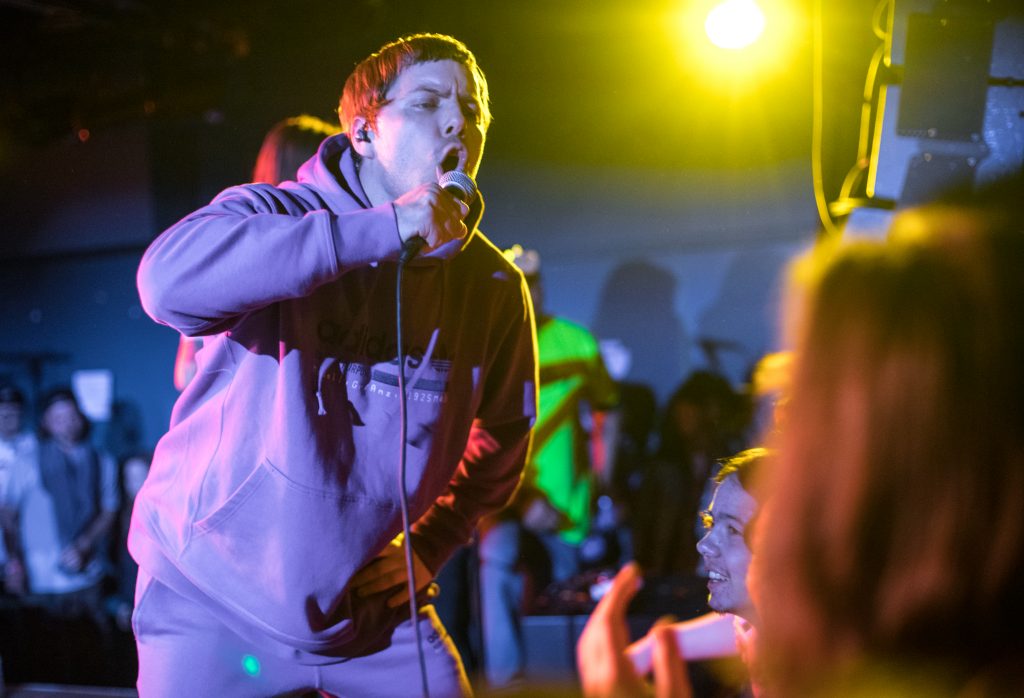
Next came Maryland band Angel Du$t. The band’s catchy, upbeat punk style may seem out of place for the evening, but fit snugly in the billing. They wasted no time whipping the audience into a frenzy with “Headstone,” one of their many sub-two minute rippers of a track that incites a mosh pit without fail. Each of the band’s members did their part to keep the energy high throughout the show, especially the singer and drummer.
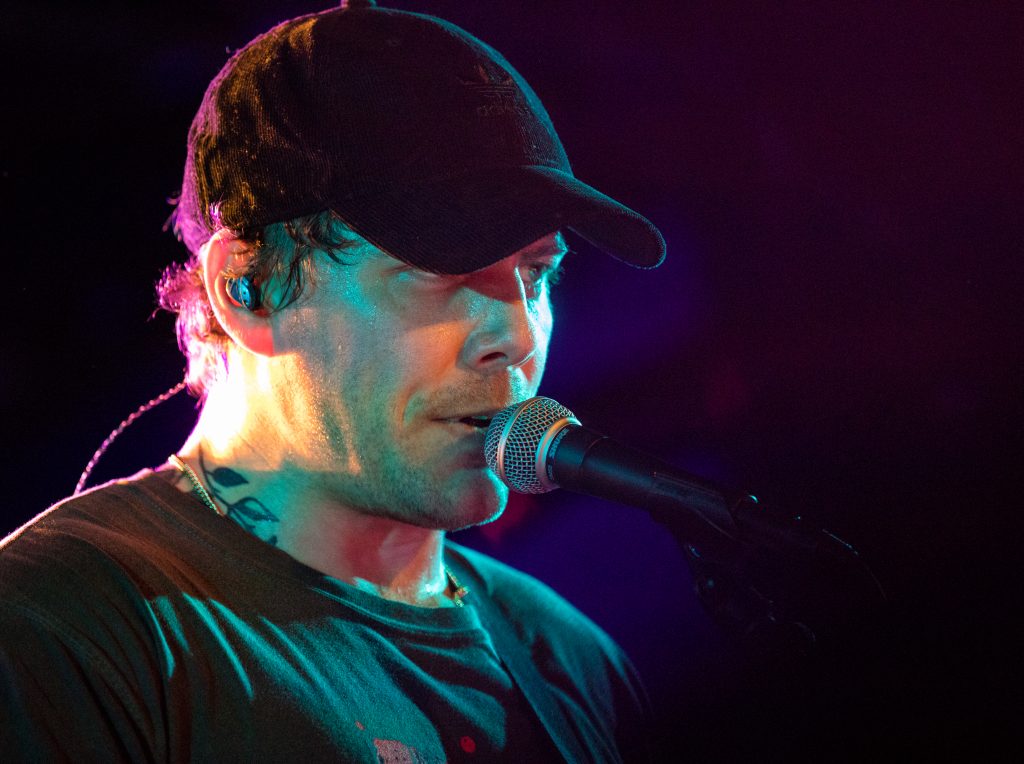
The singer found the most passionate members of the audience and shoved the mic in their face at the perfect time to hear their screaming sing along. The drummer banged through the punk rhythms without missing a beat, providing a driving backdrop to the blistering pace of the set. The singer remarked that he and the audience could not go quite as hard as they might usually due to MilkBoy’s intense security, affectionately referring to Moe the guard as someone he would not want to mess with. This apparent restraint was only somewhat visible, and it can only be imagined what mayhem a more punk friendly venue may have invited.
After another long break, a DJ came out and began to play tracks more geared toward the music the audience would hear for the remainder of the evening, sprinkling emo trap semi-deep cuts and pop favorites. Eventually the DJ brought out Wicca Phase Springs Eternal to begin the headlining set. The energy from Angel Du$t to Wicca Phase was like Day and Night, from a blistering race to a contemplative stroll, and the audience seemed to welcome the change. Wicca Phase’s amateurish voice and boyish charm go a long way in securing his audience’s fancy. His producer’s sparse guitar sampling and plodding trap percussion lay a dark backdrop for his depressive crooning.
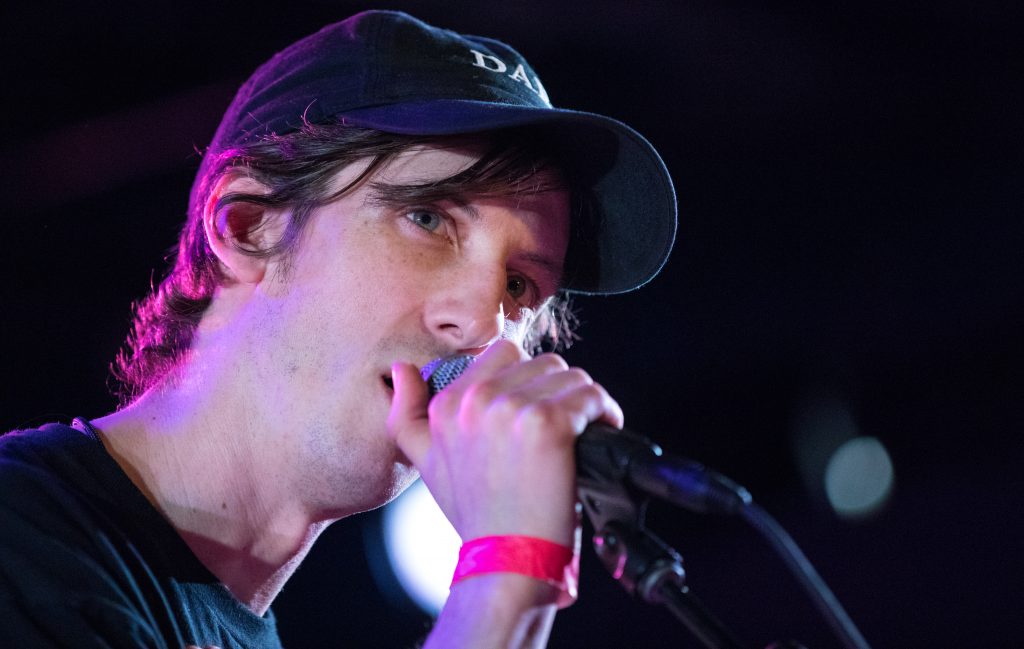
The audience that responds to this type of music might have listened to the emo punk stylings of a band like Hawthorne Heights 15 years ago. The mostly young, white audience seemed to give off that parents-just-don’t-understand-me vibe, all while their parents were in the back of the audience ready to drive them home when the concert ends. It may be hard to imagine many of these people not growing out of this trend, but having extremely fond memories when looking back on it. This kind of music is straightforward, unsubtle and scratches a heretofore-unattended itch. When Lil Peep died, much of the promise of the genre becoming viable in the mainstream in this specific capacity may have passed along with him. His ability to craft a melody and his vocal texture has been hard to come by in the emo folk trap genre. Artists who take a bigger, more pop-centric approach like Juice WRLD have seen massive success, but the low-key emo trap genre suffered a blow from which it has not recovered when Peep passed. Acts like Wicca Phase Springs Eternal are valiantly attempting to carry on this tradition in his absence. Only time will tell whether the audience will respond to it enough to reach the glory Gus once promised.

